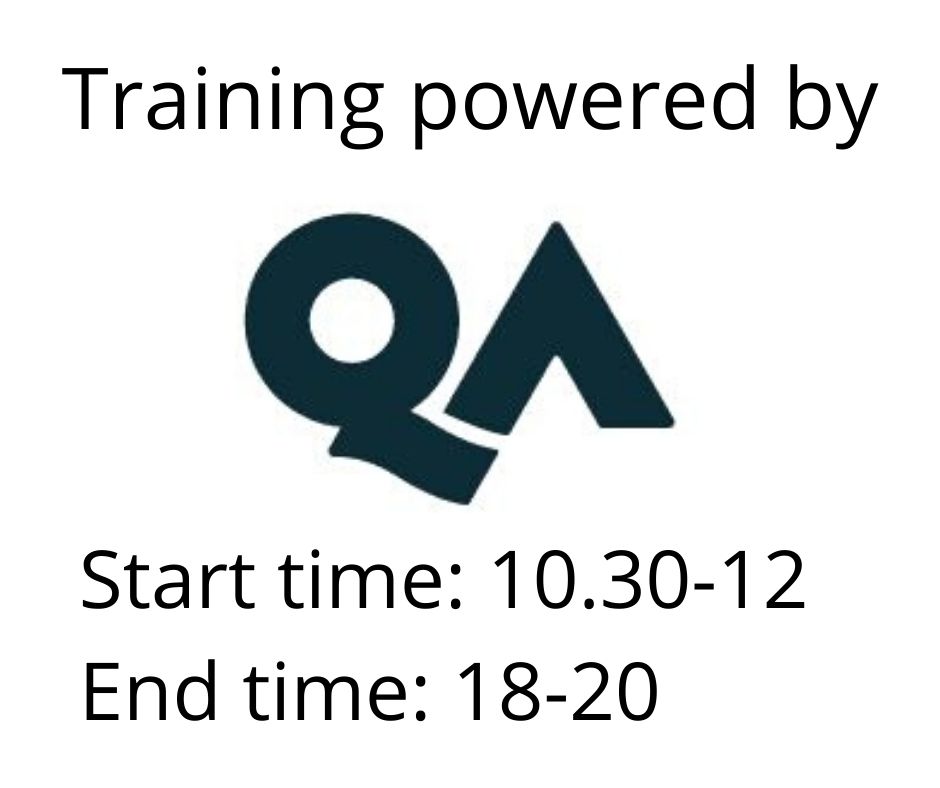Fundamentals of Data Literacy
Osallistumismuoto
Remote
Kesto
3 päivää
Hinta
1881 €
Data literacy is a capability to read, use and analyse data to produce information that can be acted upon. Every organisation creates and stores data but not everyone has the skills and confidence to work with it.
This course is designed for anyone who is not a data specialist but has a need to work with data in their role.
In this course you’ll gain an understanding of the role data can play, data structures, data quality and how you can use data to produce analysis to turn data into information and create a data story.
Examples, demonstrations and exercises may use a selection of common applications including Microsoft Excel and Google Sheets.
At the end of this course, you’ll be able to:
- Identify data types and structures
- Work with data quality challenges
- Apply a structured approach to work with data
- Create a testable hypothesis
- Use fundamental analytics and statistical approaches
- Select appropriate visuals
- Build an effective data story
- Understand how to write formulas using standard functions
- Experience of creating or using charts and graphs
Module 1: Data Literacy and its Role
- Data is Everywhere
- Data-driven Culture
- Creating Value from Data
Module 2: Data Management
- Enterprise Data Management
- Data Governance and Ethics
- Data Collection
Module 3: Data Quality Management
- Identifying Data Quality Issues
- Data Quality Metrics
- Common Data Challenges
- Incomplete Datasets
- Duplication
- Data Type and Formatting Issues
Module 4: Data Structures and Data Traits
- Data Types
- Tidy Data
- Quantitative and Qualitative Data
- Data Scales
- Data Models
- Facts and Dimensions
- Relationships and Joins
Module 5: Data Analysis Process, Terms and Concepts
- Data Analytics Lifecycle
- Business Problems and Hypothesis
- A structured approach
- Stakeholders’ Perspective
- Creating a Hypothesis
- Determining the Data You Need
- Defining Success
- Types of Analytics
- Different types of Average
- Beyond averages
- Distribution and Deviation
- Percentile, Quartiles and Rank
Module 6: Data Analysis and Testing
- Regression Analysis
- Correlation and Causation
- Testing your Hypothesis
- A/B, Control and Multivariate
- Preparing to tell the Data Story
Module 7: Visuals and Charts
- Chart Types
- Visualisation and Statistics
- Matching the Visual to the Data
- Drawing attention to Key Insights
- Focussing on the Difference
Module 8: Storytelling with Data
- What is data storytelling?
- Three key questions
- Context and Empathy
- A Data Story in Three Acts
- Defining Success Criteria
- Dashboards – Types and Design Considerations
Module 9: Data Literacy Socialisation and Communication
- Data-Led Change
- Feedback Loops
Hinta 1881 € +alv
Pidätämme oikeudet mahdollisiin muutoksiin ohjelmassa, kouluttajissa ja toteutusmuodossa.
Katso usein kysytyt kysymykset täältä.
